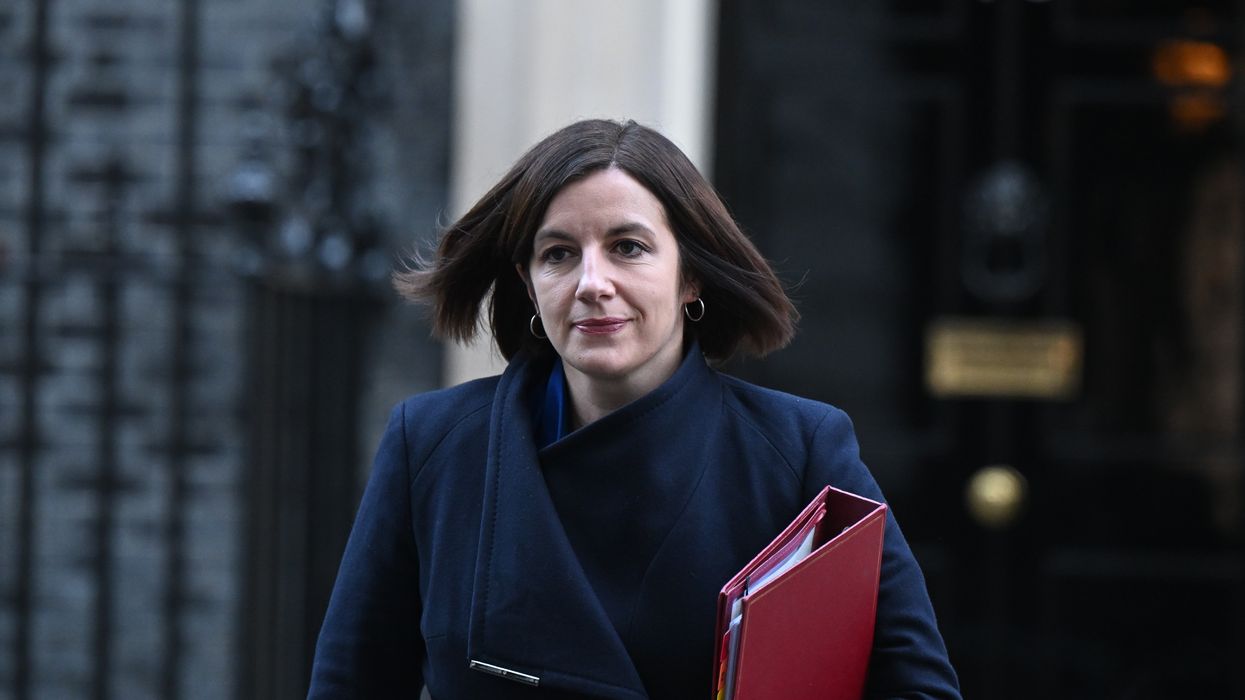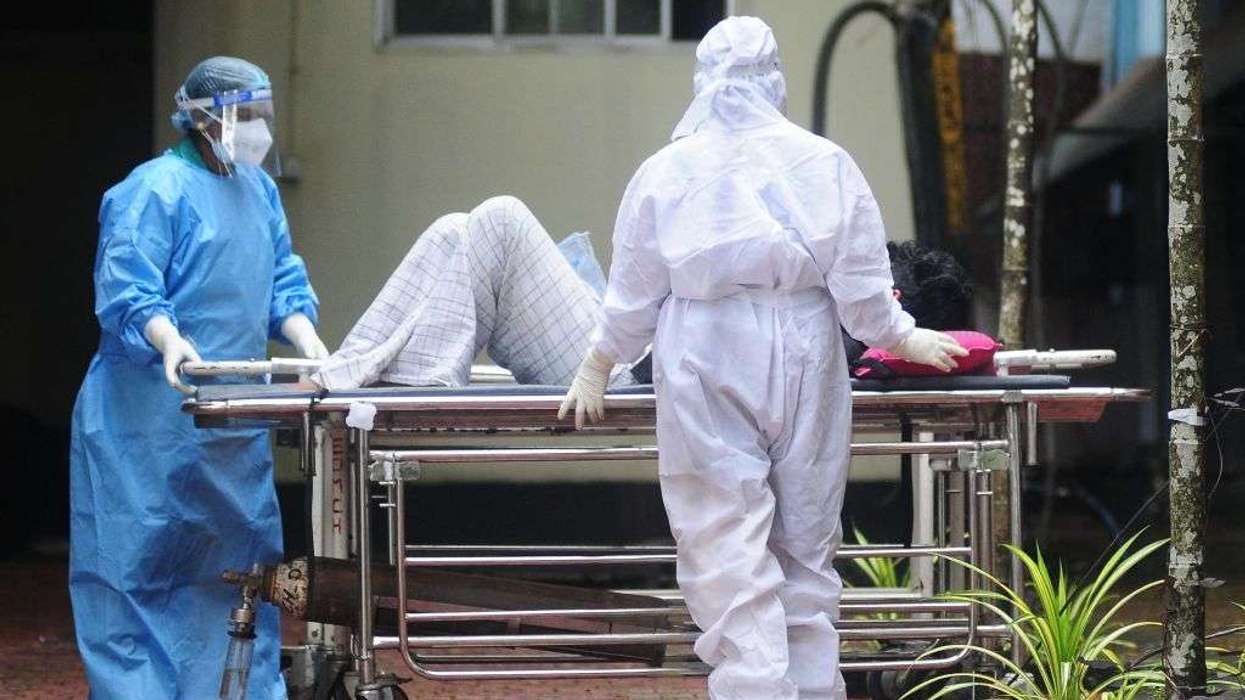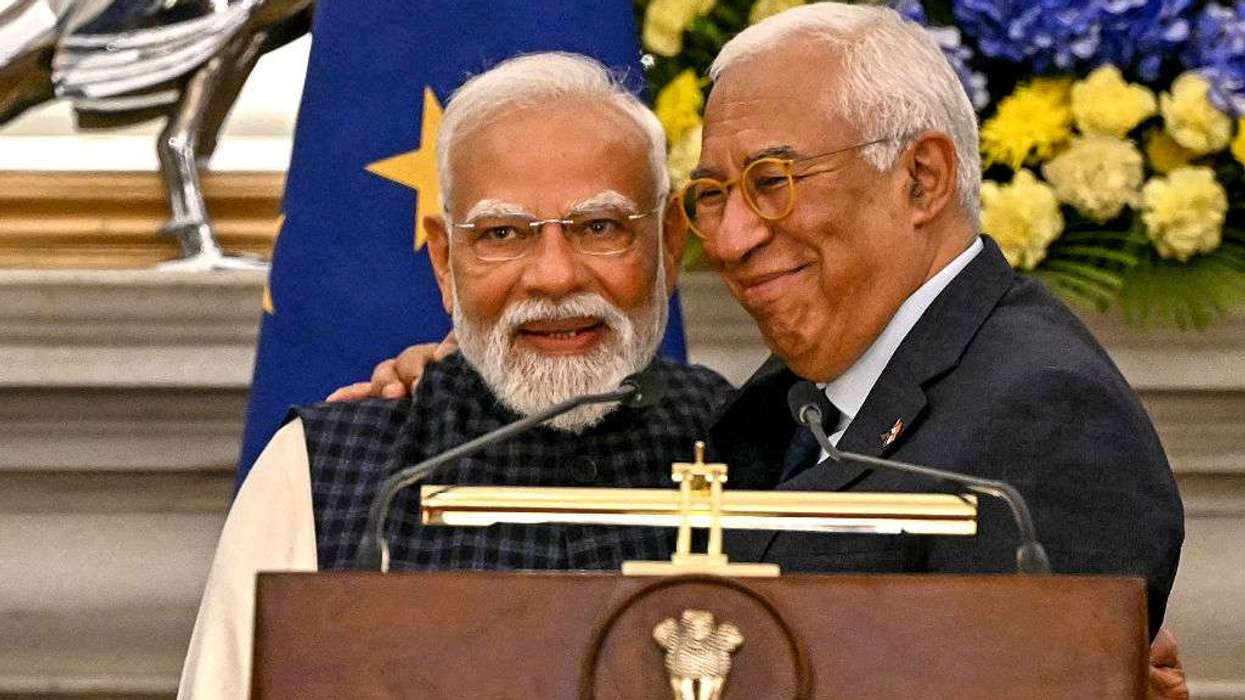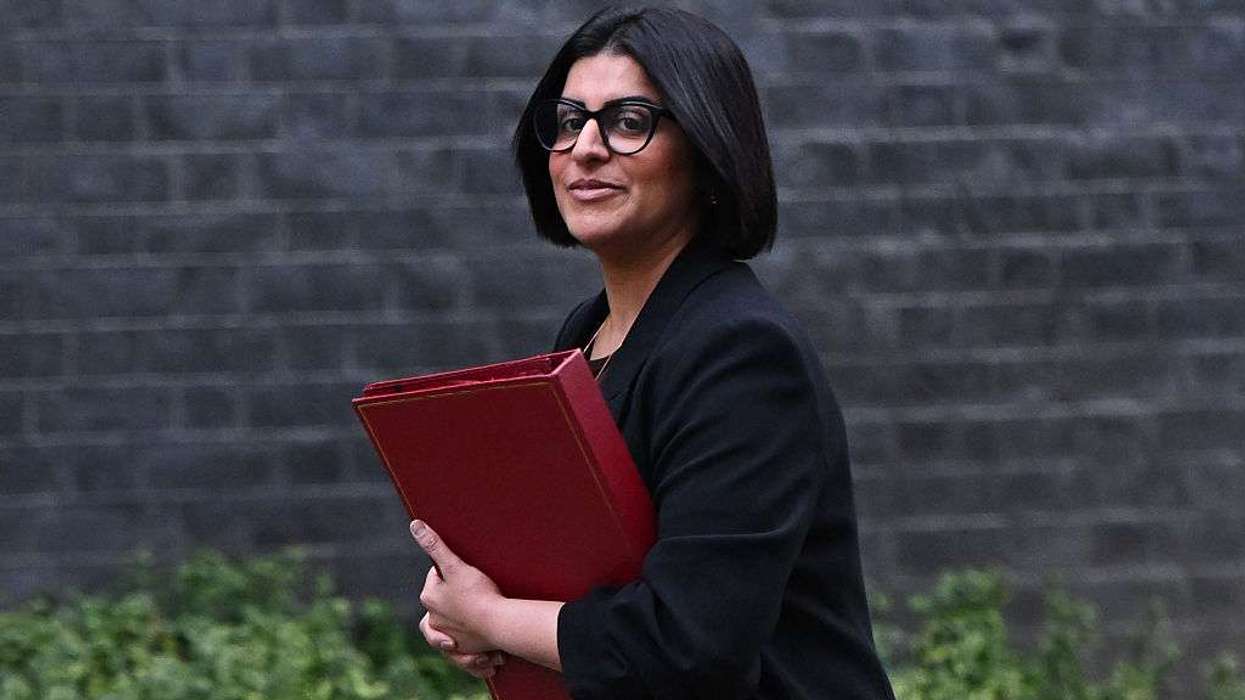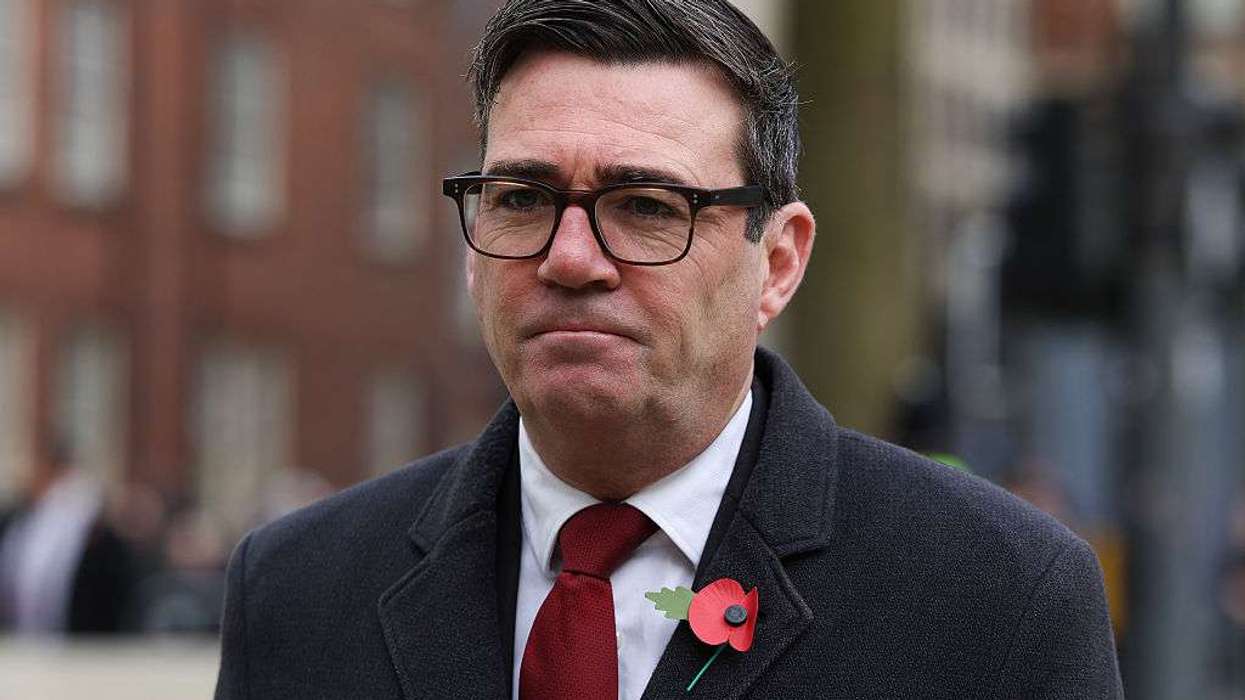ENGLISH schools will teach children how to combat misogyny, the UK government announced on Tuesday (15), as sexist content promoted by so-called manosphere influencers such as Andrew Tate spreads online.
Children between 11 and 18 years old will receive lessons to make them aware of "involuntary celibate" or "incel" culture, and links between pornography and misogyny, the Department for Education said.
Secondary schools will also teach greater awareness of AI deepfakes under the new guidance as the government warned that misogynistic attitudes had reached an "epidemic scale" among young people.
Hit Netflix drama Adolescence highlighted the problem earlier this year when it sparked widespread debate about the toxic and misogynistic influences young boys are exposed to on the internet.
"I want our children to be equipped to defy the malign forces that exist online," education secretary Bridget Phillipson said in a statement announcing the new teaching guidelines.
"Schools and parents alike have a vital role to play, helping children identify positive role models and resist the manipulation too often used online to groom impressionable young minds."
Phillipson's department published data showing that 54 per cent of pupils aged 11 to 19 had witnessed comments they would describe as misogynistic in the past week.
The education ministry said the new lessons would focus on helping boys find positive role models and challenge myths about relationships spread online "without stigmatising boys for being boys".
Adolescence, released in March, centres on a 13-year-old boy who stabs a girl to death after being radicalised on the internet.
It spotlighted the "incel" culture of males who feel physically unattractive and harbour a hatred of women.
Prime minister Keir Starmer praised the drama and said it would be shown in secondary schools.
His Labour party pledged to halve the rate of violence against women and girls in 10 years during last year's general election campaign.
Schools will be able to implement the new guidance from September this year, and must follow it from September 2026.
(AFP)
